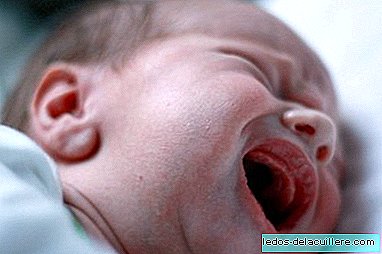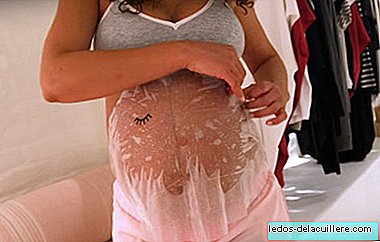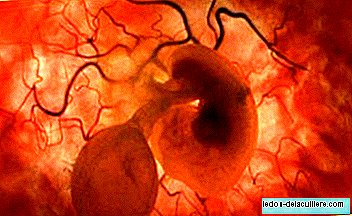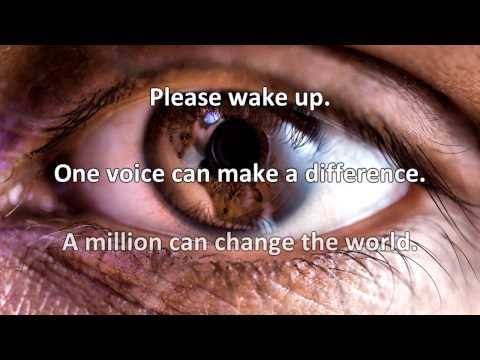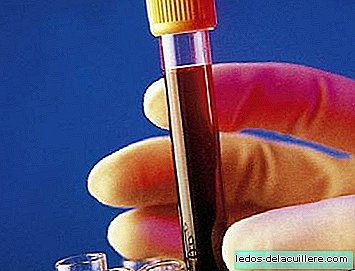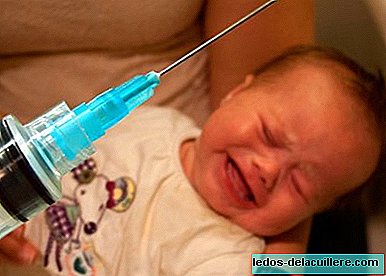
Premature births have increased markedly in recent years due to, among others, a series of factors related to our current lifestyle and also with some environmental conditions harmful to health.
According to a study published in the magazine Enviromental Research conducted by researchers from the Carlos III Health Institute, pollution and traffic noise, as well as heat waves influence the rise of premature births.
They analyzed about 300 thousand births produced in Madrid in 2001 and 2009. Of these, 24,000 were premature babies (37 weeks), 20,000 very premature (from 30 to 37 weeks) and 4,270 extremely premature (less than 30 weeks of gestation) . They found that:
Particles with a diameter of less than 2.5 microns (PM2.5), emitted primarily by diesel vehicles, are related to deliveries that occur before 37 weeks gestation, in the sense that a day after a peak of PM2.5 contamination increases the risk of premature births by 3.7% for every 10 micg / m3 the concentration of PM2.5 increases.
High temperatures in heat waves not only influence the number of premature births, but also relates to very premature births. A day after a maximum daily temperature above 34 ° C is recorded increases the risk of premature deliveries by 5.2% and very premature deliveries by 4.7% for each degree in which the maximum daily temperature exceeds 34 ° C.
Finally, noise, which in a large city is due to road traffic by more than 70%, is related not only to premature and very premature births, but there is also a clear statistical association between daytime noise and births that do not reach 30 weeks gestation (extremely premature). For every dB (A) the daytime noise increases in Madrid, the same day, the risk of preterm birth is increased by 15.4%, 6.9% of a very premature birth and 22.2% of an extremely premature birth.
We already knew that in green areas, where there is less environmental and noise pollution, there are fewer premature births, but the study data are very striking, especially for those of us who live in Madrid and have given birth in the middle of summer (my oldest daughter was born in August with 37 weeks).


